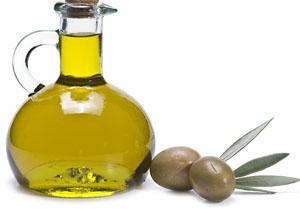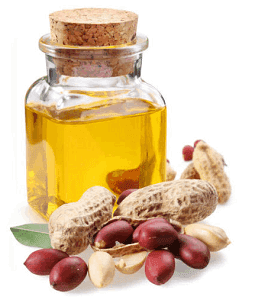How Virgin Cold Pressed Oils are Manufactured
How are cold-pressed oils different from the traditional refined oils that we use for our cooking? How are cold-pressed oils made? Are they a healthier alternative? If you’ve ever asked these questions, then this article will help you answer them. Extracting oils from plant matter can be achieved in various ways but the cold press method is unique in that the process preserves the most vitamins and nutrients and is very environmentally friendly.
What is Cold Pressed Oil?
Cold-pressed oil refers to oils that are made using cold pressing extraction. Like many other oils, this is achieved by using modern oilseed presses. However, the huge difference between cold press extraction and other methods is that cold press extraction doesn’t involve the use of heat or any additional chemicals. Even though pressing generates heat through friction, the oilseeds aren’t precooked. Unlike other methods involving heat and chemicals, cold pressing doesn’t strip away the vitamins, flavor, aroma, and natural antioxidants of the oil yield. This makes them great for healthy cooking and skincare.
by using modern oilseed presses. However, the huge difference between cold press extraction and other methods is that cold press extraction doesn’t involve the use of heat or any additional chemicals. Even though pressing generates heat through friction, the oilseeds aren’t precooked. Unlike other methods involving heat and chemicals, cold pressing doesn’t strip away the vitamins, flavor, aroma, and natural antioxidants of the oil yield. This makes them great for healthy cooking and skincare.
The entire process of cold pressing generally requires it to be done at 49 C (120 F) or less. Because of this strict temperature requirement, the process can be very time-consuming. This is why oil extracting methods that involve heat and chemicals are widely used for mass-producing common oils found in supermarkets because of its speed and convenience. Oils produced that don’t meet the strict temperature requirement are commonly referred to as pressed or expeller pressed oil. Take note that other countries may have different temperature requirements for cold pressing oils. In the UK, cold pressing oils are done at 40 C (104 F) or less. This is important to remember if you import cold-pressed oils from other countries.
Here are some common cold-pressed oils:
● Pecan Oil
● Soybean Oil
● Coconut Oil
● Hemp Oil
 Even though cold-pressed extraction is great, not all oils can be produced using the method. The amount of moisture contained within a nut or seed determines whether or not oil can be produced using cold-pressed extraction. Nuts, seeds, or plants which have high moisture contents require a lot more heat for their oils to be properly extracted. Examples of these are tomato seeds and Brazil nuts.
Even though cold-pressed extraction is great, not all oils can be produced using the method. The amount of moisture contained within a nut or seed determines whether or not oil can be produced using cold-pressed extraction. Nuts, seeds, or plants which have high moisture contents require a lot more heat for their oils to be properly extracted. Examples of these are tomato seeds and Brazil nuts.
Advantages of Cold Pressed Oils
There are many advantages to utilizing the cold-pressed extraction for producing oils compared to other methods such as heat and chemical extraction. Here are just some of those advantages.
● Increased Nutritional and Health Benefits
Due to the lack of added chemicals and heat, most of the vitamins and nutrients found in the oils are not stripped away during the cold pressing process. These oils are free of cholesterol and are also rich in natural antioxidants such as vitamin E and polyunsaturated and monounsaturated fatty acids.
● Very Safe to Consume
Cold-pressed oils aren’t deodorized, refined, or processed and thus do not contain any harmful solvent residues. The natural flavors and aroma are retained which raises your cooking to another level.
● Has a Longer Shelf Life
Oils made using the cold press extraction method has been found to have a longer shelf life compared to other oils. This means that it will be less likely to go bad and rancid anytime soon.
